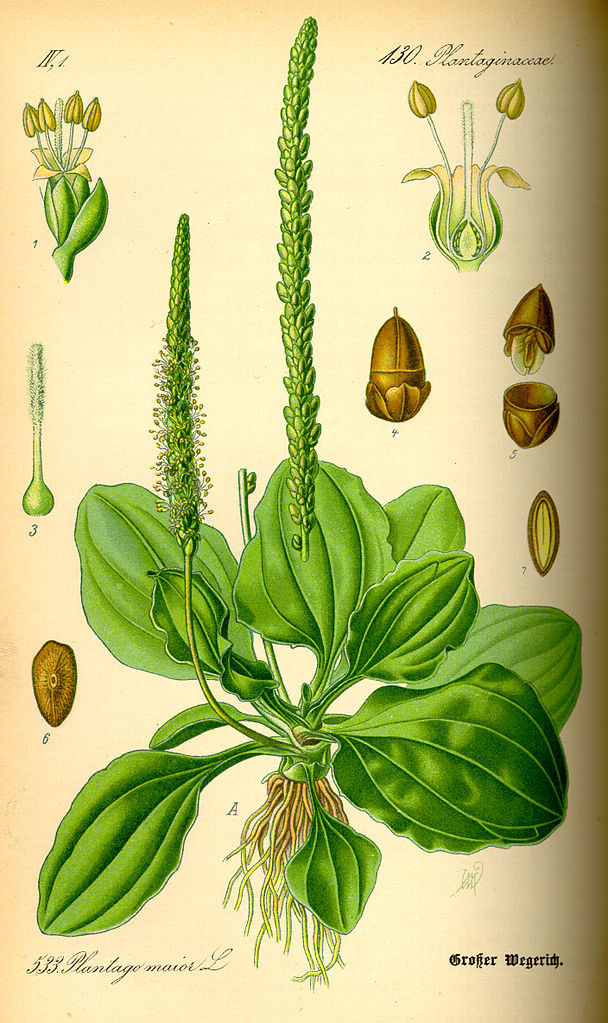Solomons Seal
- Dave

- Jan 30, 2023
- 4 min read
Updated: Apr 8, 2025
Solomons Seal Monograph

Botanical name(s)
Polygonatum multiflorum (formerly Convallaria), Polygonatum officinale,
Polygonatum odoratum, Polygonatum biflorum, Polygonatum giganteum,
Polygonatum commutatum, Polygonatum canaliculatum, etc.
Common Name
Solomon's seal, sow’s teats, fragrant or aromatic Solomon’s seal, dropberry, sealwort
Family
Asparagaceae
Parts Used
Root/rhizome
Native To
A variety of species of this plant are native to North America, Northern Europe, Siberia, and Asia.
Harvesting Guidelines
Due to its slow reproduction rate, Solomon's Seal can be difficult to find in large enough quantities for ethical harvesting in the wild. To ensure sustainable harvesting practices, it is essential to harvest the root only in the autumn when the plant has completed its growth cycle and the roots are mature. Care should be taken to only take what is necessary, allowing the plant to continue to thrive in the wild and regenerate for future use.
Solomon's Seal (Polygonatum spp.) is a revered plant used for centuries across various continents, including Asia, Europe, and North America. Known for its medicinal properties, Solomon's Seal is prized for its sweet, neutral yin tonic qualities and its ability to nourish and moisturize the body. The plant is particularly beneficial for individuals suffering from joint and tendon inflammation, as well as conditions involving dryness in the musculoskeletal system. Its lubricating and demulcent properties have made it a valuable herb in traditional herbal medicine for treating both physical and reproductive health issues.
Solomon's Seal has been used for centuries by various Indigenous cultures and herbal traditions. Traditionally, the plant is associated with healing the musculoskeletal system, particularly in conditions where the body is suffering from dryness, inflammation, or pain.
In traditional Chinese medicine (TCM), Solomon's Seal is known for its cooling, moistening, and lubricating qualities, and it is used to support the yin energy in the body. This makes it especially beneficial for those who experience joint dryness, musculoskeletal injuries, and conditions related to the tendons and ligaments. Additionally, it has a long-standing reputation for supporting reproductive health and is used to treat conditions like vaginal dryness, infertility, and premature ejaculation.

Solomon's Seal is primarily used in herbal medicine for its ability to heal injuries, reduce inflammation, and support the body's natural healing processes.
Joint and Tendon Health:Solomon's Seal is an excellent remedy for individuals dealing with joint pain, arthritis, and musculoskeletal injuries. The root is used in both topical applications (such as poultices) and internally (in the form of capsules or tinctures) to lubricate and nourish the affected tissues, promoting faster recovery.
Reproductive Health:Solomon's Seal has a well-documented history of use for treating sexual health issues such as vaginal dryness, infertility, and premature ejaculation. Its moisturizing effects on mucous membranes and its ability to balance yin energy make it a powerful herb for both men and women struggling with reproductive issues.
Breathing and Digestion:As a demulcent, Solomon’s Seal is useful for soothing irritation in the respiratory and gastrointestinal systems. It can be used to treat conditions like coughs, bronchitis, and gastritis, offering relief to irritated mucosal linings.
1. Anti-Inflammatory and Antioxidant Properties
Research indicates that extracts from Polygonatum species exhibit significant anti-inflammatory and antioxidant effects. These properties may contribute to reducing inflammation and protecting cells from oxidative stress.
2. Cancer Cell Proliferation Inhibition
Studies have demonstrated that Polygonatum extracts can inhibit the proliferation of cancer cells. This effect is achieved through mechanisms such as the induction of apoptosis (programmed cell death) and autophagy (cellular degradation), as well as activation of the immune system. Notably, P. sibiricum extracts have shown activity against breast, cervical, and liver cancer cell lines. medicinalherbinfo.org+6Agric4Profits+6Drugslib+6DrugslibDrugs.com+1Drugslib+1
3. Cardiovascular Health Benefits
Animal studies suggest that Polygonatum polysaccharides may positively influence cardiovascular health. In rabbit models, these polysaccharides modulated cholesterol levels, including total cholesterol and low-density lipoprotein (LDL), without affecting triglycerides or high-density lipoprotein (HDL). Additionally, in rats with induced heart failure, P. sibiricum polysaccharides improved cardiac function and serum biochemical indices, such as superoxide dismutase and nitric oxide levels. Drugslib+1Drugs.com+1
Adult Dose (3)
Capsules: 600 mg, 3x/day
Poultice: Fresh root mashed and applied topically for musculoskeletal issues
Safety
Solomon's Seal is generally considered safe when used appropriately, though care should be taken to avoid high doses that could cause gastrointestinal discomfort, including nausea or vomiting.
Actions
Amphoteric,Antiarthritic,Antiinflammatory,Astringent,Cardiotonic,Demulcent,Expectorant,Tonic,Vulnerary
Energy
Cooling,Moistening
References
(1) Wood, M. (1997). The book of herbal wisdom: Using plants as medicines. Berkeley, CA: North Atlantic Books.
(2)McKenzie, R. (2018-2019). Solomon’s seal. The Eclectic School of Herbal Medicine. Retrieved from https://www.eclecticschoolofherbalmedicine.com/solomons-seal/)
(3) Medical herbalism by David Hoffman
Information offered on Achula and on this page is for educational purposes only. Achula makes neither medical claim, nor intends to diagnose or treat medical conditions. Women who are pregnant or nursing, and persons with known medical conditions, should consult their licensed healthcare provider before taking any herbal product. Links to external sites are for informational purposes only. Achula neither endorses them nor is in any way responsible for their content. Readers must do their own research concerning the safety and usage of any herbs or supplements.
tags:
Herbal medicine course
herbal school
wildpluk cursus
kruiden opleiding
geneeskrachtige planten
herborist
become a herbalist









